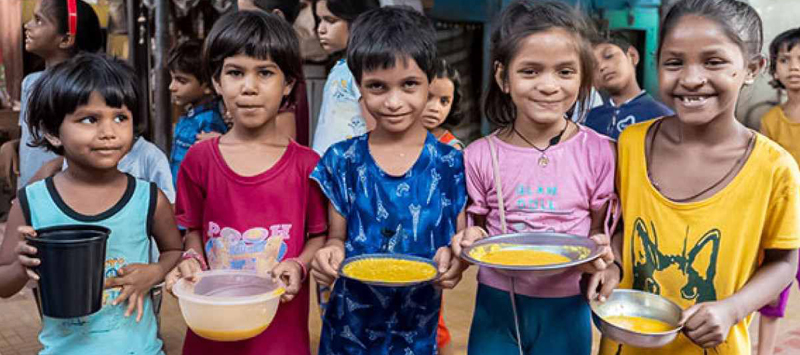
Ending Hunger: A Collective Responsibility
Ruthika S, 24COME54, B.Com, Kristu Jayanti College, Autonomous
Hunger has been a pressing issue long before it became a global focus, and it continues to impact millions worldwide. The United Nations has recognized this challenge as a core component of the Sustainable Development Goals (SDGs), aiming to achieve "Zero Hunger." This goal is about more than just providing food; it's about creating a world where everyone has access to nutritious meals, regardless of their background or economic situation.
The roots of hunger can be traced back to various historical and socio-economic factors, with some of the earliest efforts to address hunger originating in Europe. Yet, today, it's primarily the people living in extreme poverty who suffer most acutely—parents struggling to provide healthy meals for their children, workers facing food insecurity, and communities where malnutrition is a daily reality.
Practical Steps Toward Ending Hunger
Achieving Zero Hunger will require a multifaceted approach. Here are some actionable steps that could make a real difference:
1. Restaurants Donating Surplus Food
Many restaurants could help reduce hunger by donating excess food to local communities. A single mid-day meal for those in need, especially in underserved areas, could be a life-changing contribution.
2. Supporting Local Food Producers
By buying from and supporting local farmers and producers, we bolster the economy and help create a more sustainable food system. This local support can help improve food security and make nutritious options accessible to everyone.
3. Mindful Consumption and Sharing
We can all contribute by reducing food waste and consuming only what we need. In addition, donating essential supplies or resources to food banks and charities helps ensure those struggling to access food are not left behind.
Building a Hunger-Free World
Ending hunger is a collective responsibility. Each of us has a role to play, whether it's through small acts of kindness, supporting food-sharing initiatives, or choosing to invest in local food systems. Let's work together to create a world where nutritious food is accessible to everyone and Zero Hunger is no longer just a goal but a reality.